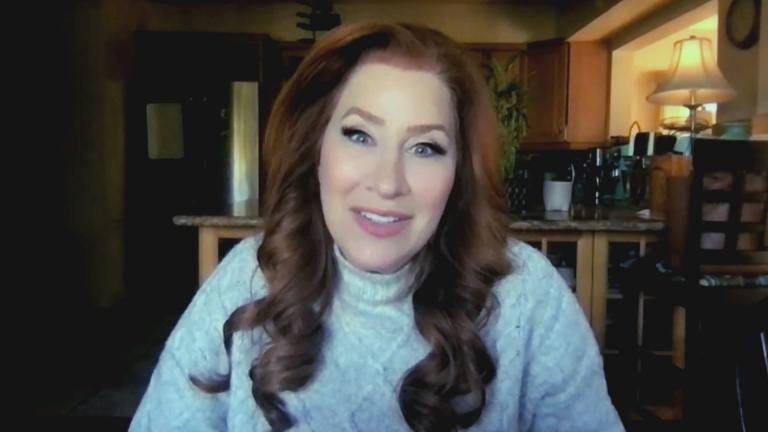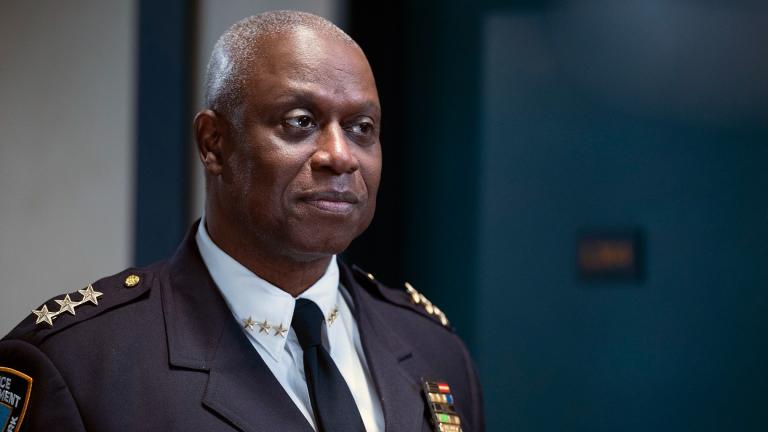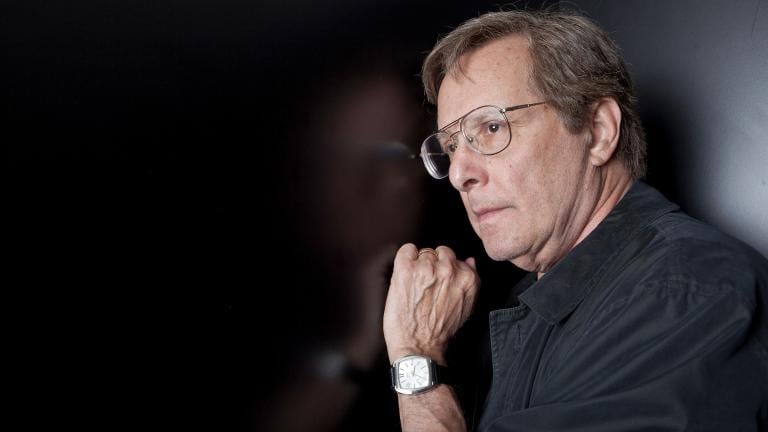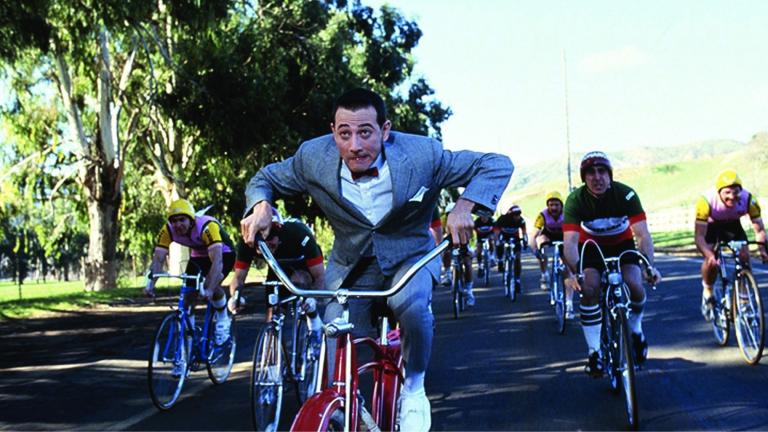On May 9, 1961, Newton N. Minow, President John F. Kennedy’s chair of the Federal Communications Commission, pushed back against the direction in which television was headed.
He famously called TV a “vast wasteland” and criticized the industry for its blood, gore and boredom — and its potential impact on children.
Since then, television has expanded from three commercial networks to seemingly unlimited channels delivered in brand new ways. Those changes come alongside the rise of social media and amid heightened distrust in the news media.
Minow says he’s proud of the strides television has made in programming for children but he’s concerned about the disagreement on facts and opinions in the news media.
“I think the issues for the next generation are the government’s role in social media,” said Minow, an advocate for educational television and a champion of public service media who is senior counsel at Sidley Austin and a member emeritus of the WTTW board of trustees.
“I think keeping broadcasters serving the public interest, being fair in reporting the news, deciding what is a fact — that’s the most important thing, not mixing fact with opinion. Those questions remain,” Minow said.
Serving the public’s interest has always been at the center of Minow’s work in communications. His 1961 speech highlighted the television industry’s responsibility to serve the public — rather than private — interest.
While at the FCC, Minow was involved in launching WETA, which broadcasts “PBS NewsHour,” and was instrumental in creating “Sesame Street.” Minow also pushed for Americans to have more choice in radio and television, significantly expanding the number of channels viewers and listeners had access to.
READ: Newt Minow Receives Presidential Medal of Freedom
“We did succeed in one thing and that was to enlarge choice for the viewer,” Minow said. “If you’re a sports junkie, you’ve got sports, if you want, 24 hours a day. If you’re a news junkie, you’ve got news. If you like old movies as I do, you can find a station with old movies.”
In the preface for his daughter Martha’s forthcoming book “Saving The News,” Minow also wonders if this decision to expand choice “contributed to the deep divisions in our country.”
“We’ve enlarged choice, and at the same time I think we have a serious problem in our news reporting where facts and opinion are mixed up together, where we no longer have agreement on what is a fact,” Minow said.
He said he would like to see the fairness doctrine reinstated, which was repealed by the FCC in 1987 for infringement on free speech. It required broadcast stations covering controversial issues to present different points of view.
“If you don’t agree on facts I don’t see how you can have a civilized discussion,” Minow said.








